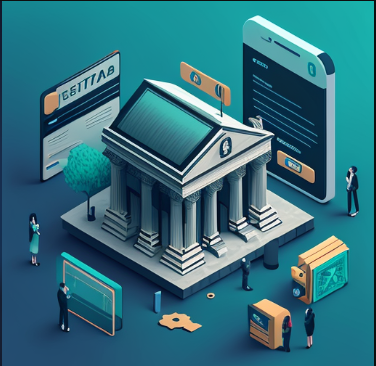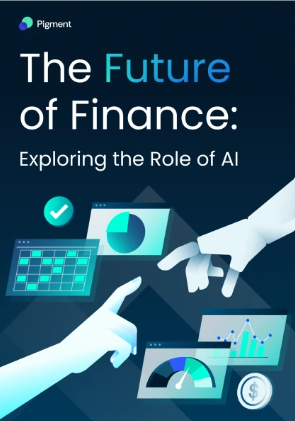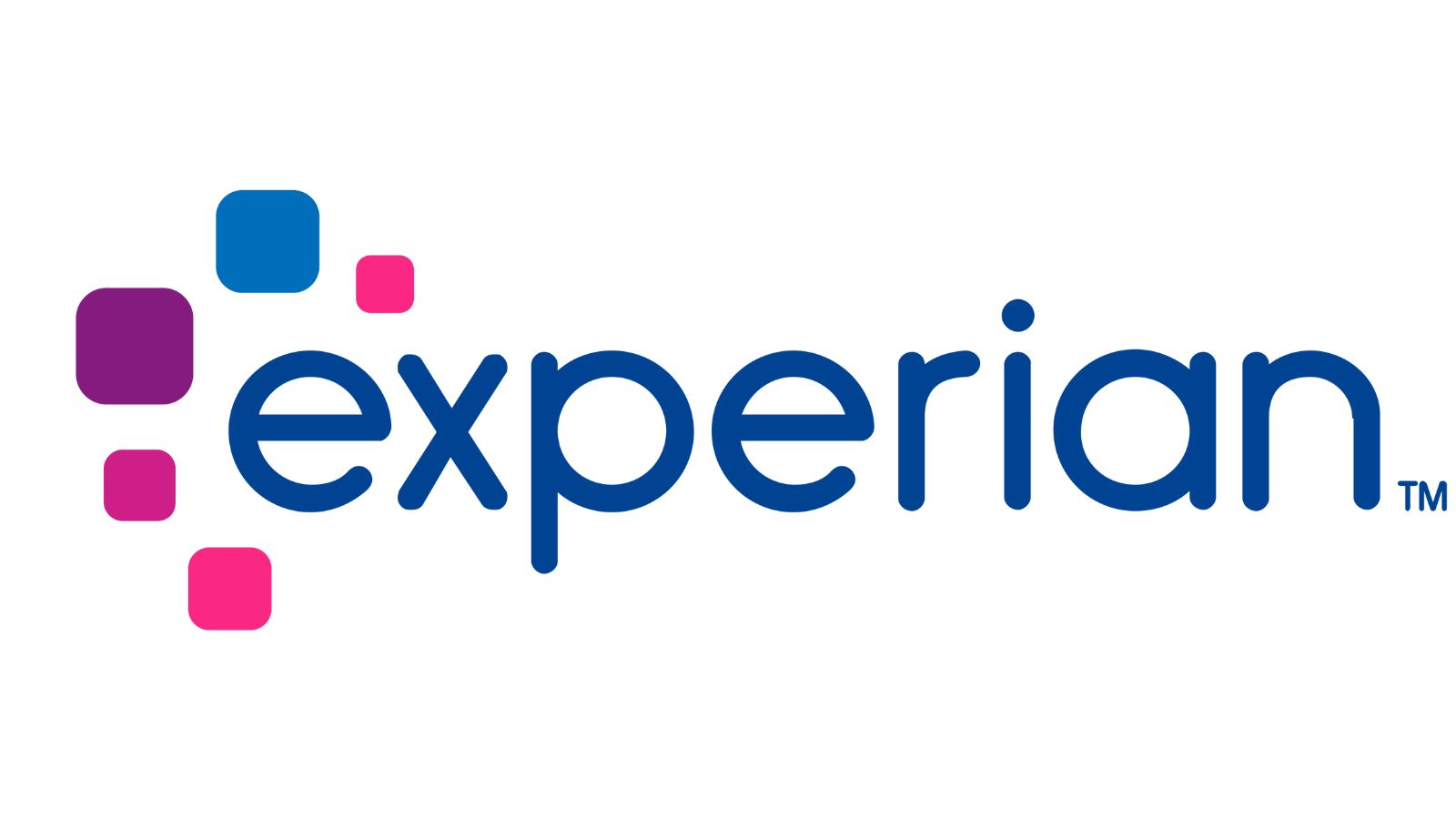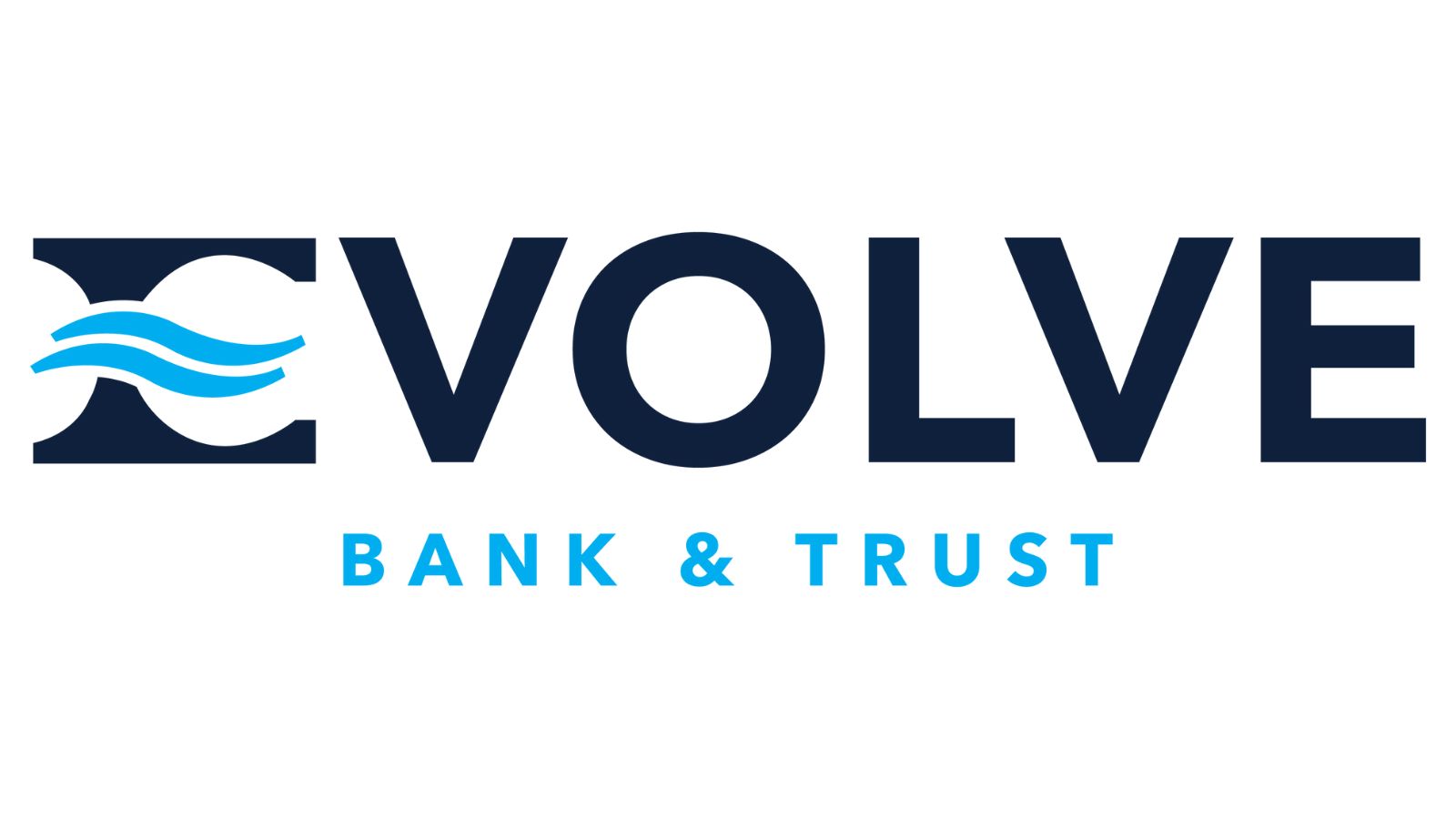In today’s fast-paced world, technology has transformed almost every aspect of our lives, including how we handle our finances. Gone are the days of waiting in long queues at the bank or dealing with endless paperwork. With the advent of digital banking, managing your money has become easier, more convenient, and accessible to everyone. In this article, we will explore what digital banking is, its benefits, and what the future holds for this innovative sector.
What is Digital Banking?
Digital banking, also known as online banking or internet banking, refers to the provision of banking services through digital channels, such as websites or mobile applications. It allows customers to perform various financial transactions, access account information, and interact with their banks virtually, without the need for physical presence.
The Benefits of Digital Banking
1. Convenience at Your Fingertips
One of the most significant advantages of digital banking is the convenience it offers. With just a few taps on your smartphone or clicks on your computer, you can manage your finances from anywhere at any time. Whether you need to check your account balance, transfer funds, pay bills, or even apply for a loan, digital banking puts the power of financial control in your hands.
2. Time and Cost Savings
Digital banking eliminates the need for physical visits to the bank, saving you precious time and money on commuting. Instead of waiting in long queues or dealing with limited operating hours, you can complete your transactions with a few clicks. Additionally, online banking often provides cost-saving opportunities by offering lower fees, higher interest rates on savings accounts, and promotional offers compared to traditional brick-and-mortar banks.
3. Enhanced Security
Contrary to popular belief, digital banking offers robust security measures that protect your financial information. Banks employ advanced encryption technologies and multi-factor authentication to ensure the confidentiality and integrity of your data. Moreover, digital transactions leave an electronic trail, making it easier to track and detect any fraudulent activity, providing you with greater peace of mind.
4 Access to Comprehensive Financial Tools
Digital banking platforms often offer a wide range of tools and features to help you manage your finances more effectively. From budgeting and expense tracking to personalized financial insights and automated savings plans, these tools empower you to make informed decisions and achieve your financial goals. Additionally, you can easily access and analyze your transaction history, enabling better financial planning and accountability.
What Does the Future Hold for Digital Banking?
As technology continues to evolve at an unprecedented pace, the future of digital banking looks promising. Here are a few trends that are expected to shape the industry:
1. Artificial Intelligence (AI) and Chatbots
AI-powered chatbots are becoming increasingly prevalent in digital banking. They provide instant customer support, answer queries, and assist with various banking tasks. These chatbots use natural language processing and machine learning algorithms to understand user requests and provide real-time solutions. As AI technology advances, chatbots are likely to become more sophisticated, offering personalized recommendations and financial advice.
2. Mobile-First Approach
With the widespread use of smartphones, mobile banking is expected to take center stage in the digital banking landscape. Banks are investing heavily in mobile app development and optimizing their platforms for seamless mobile experiences. Mobile banking apps are likely to become more intuitive, feature-rich, and tailored to individual customer needs, further enhancing the convenience of digital banking.
3. Blockchain and Cryptocurrencies
Blockchain technology, known for its decentralized and secure nature, has the potential to revolutionize the banking industry. As digital currencies like Bitcoin gain popularity, banks are exploring ways to integrate blockchain technology into their operations. Blockchain-based solutions can improve transparency, reduce transaction costs, and enable faster cross-border payments, paving the way for a more inclusive and efficient financial ecosystem.
4. Open Banking and Collaboration
Open banking is a concept that allows third-party developers to build applications and services using a bank’s APIs (Application Programming Interfaces). This collaborative approach fosters innovation by enabling customers to access a broader range of financial products and services from different providers through a single platform. Open banking promotes competition, customer empowerment, and encourages the development of innovative financial solutions.
Conclusion
Digital banking has transformed the way we manage our finances, offering unmatched convenience, cost savings, enhanced security, and access to comprehensive financial tools. As technology continues to advance, digital banking is expected to evolve further, embracing trends such as AI-powered chatbots, mobile-first approaches, blockchain technology, and open banking. Embracing these innovations will empower individuals and businesses to take control of their financial well-being and lead us into a future where banking is simpler, smarter, and more accessible than ever before.








Leave a Reply